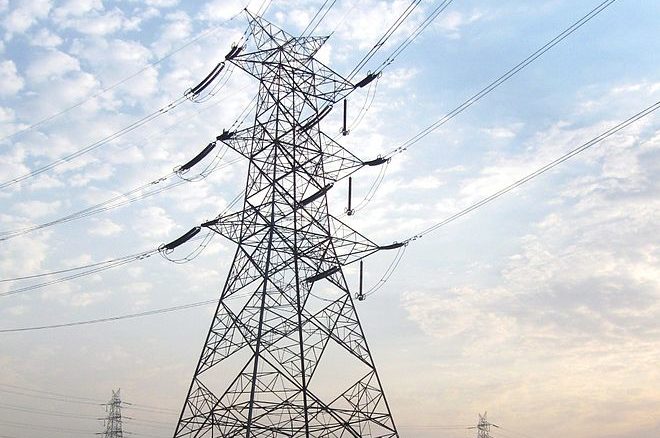Central Electricity Regulatory Commission (CERC) has amended the regulations for sharing of the inter-state transmission charges and losses—introduced in 2010— for the sixth time. The amended regulations will be effective from February 13, 2018.
As per the notification issued by CERC, “no transmission charges and losses for the use of ISTS network will be payable for solar and wind power projects for a period of 25 years from the date of commercial operation of such projects if certain conditions are met.”
To avail the waiver, the solar or wind power generation capacity should have been awarded through competitive bidding process in accordance with the guidelines issued by the Central Government.
Further, the capacity must be commissioned between February 13, 2018 and March 31, 2022.
In addition, power purchase agreements for power generated should have been executed with all entities including distribution companies (DISCOMs) for compliance of their renewable purchase obligations.
Significantly, just recently the Indian government has revealed aggressive plans to launch $5 billion of tenders for new transmission lines, starting in phases from this summer.
The country has awarded the rights to build 12 GW of new transmission capacity since December, according to Anand Kumar, secretary of the Ministry of New and Renewable Energy (MNRE). By the end of June, bidding will start for an additional 16 GW, with the ministry set to open bids for another 38 GW on top of that by March 2020. The construction of 66 GW of new transmission capacity could cost as much as R 430 billion ($6.2 billion), Reuters quoted Kumar as saying.
This content is protected by copyright and may not be reused. If you want to cooperate with us and would like to reuse some of our content, please contact: editors@pv-magazine.com.









1 comment
By submitting this form you agree to pv magazine using your data for the purposes of publishing your comment.
Your personal data will only be disclosed or otherwise transmitted to third parties for the purposes of spam filtering or if this is necessary for technical maintenance of the website. Any other transfer to third parties will not take place unless this is justified on the basis of applicable data protection regulations or if pv magazine is legally obliged to do so.
You may revoke this consent at any time with effect for the future, in which case your personal data will be deleted immediately. Otherwise, your data will be deleted if pv magazine has processed your request or the purpose of data storage is fulfilled.
Further information on data privacy can be found in our Data Protection Policy.